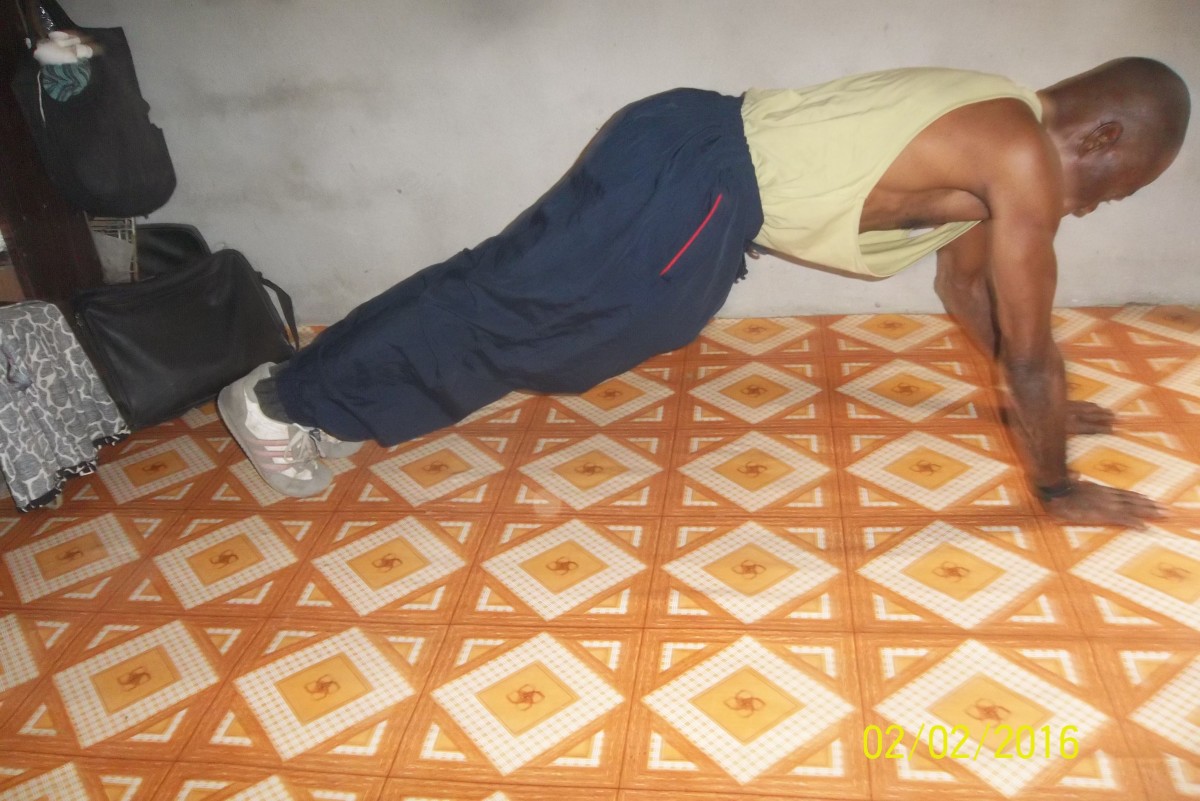Which Marathon Training Plan is Right for You?
Whether you want to just finish or to hit a new PR, the most important things to consider are your current level of fitness, what your marathon goals are, and how much time you have to train. With those in mind, read on to find out which plan might be right for you.

Take a Good Look at Yourself and Your Goals
If you type Marathon Training Plans into your browser search bar you'll find that every major running brand has some free plans available. You can choose any marathon training plan and get started. But how do you know which marathon training plan is the right one for you? Every runner is unique, which means you need to find the right plan that fits your lifestyle, your running style, and your running goals. Here are some of the most commonly used marathon training plans and a breakdown of who should use these plans and how much each plan costs.
First, Let's Identify the Type of Runner You Are
Beginner Runners are people who have recently started running in the last 6 months or sooner, or people who run 3 or less times per week.
You should also consider yourself a beginner runner if:
- you have a hard time running more than 2 miles,
- you typically run less than 2-3 times per week,
- you haven't run in 2-3 months or more,
- you have recently had an injury.
Beginner Runners should consider their overall fitness level and ensure they are in good health before starting marathon training.
Intermediate Runners are people who have been running for more than a year, or people who run 4-5 times per week.
You should also consider yourself an intermediate runner if:
- you typically run 3-4 times per week,
- you run between 15-25 miles per week,
- you don't typically run more than 4 miles or 30-40 minutes at a time,
- you have a couple of races of multiple distances under your belt.
Intermediate runners should be sure they are injury free and that they have the time to complete intermediate to advanced training schedules, which usually require running 4-5 days per week for 30-60 minutes per run.
Advanced Runners are people who have been running for many years, and who run 5-7 days per week. You should also consider yourself an advanced runner if:
- you regularly run 30+ miles per week,
- you have already participated in multiple marathons or other long distance races,
- you have a significant quality of phyisical fitness,
- you have no problem running more than 5 miles in one session.
Advanced runners should be sure they are injury free and they they have the time to dedicate to advanced marathon training plans, which can include running 5-7 days per week with workouts lasting for 45 minutes-2 hours each time.
Which Marathon Training Plan is Right for Me?
The name Hal Higdon is synonymous with running training plans for everyone from regular folks who want to bring their running from casual to racing, and for cross country teams around the US. Hal Higdon plans vary from beginner plans that start at 15 miles per week and peak at 40 miles per week, to advanced or seasoned runner plans that include more intense speed training and start at around 30 miles per week. These plans also include cross-training to help build runners' strength.
Who should use Hal Higdon Training Plans: Beginner or "Novice" runners who want a tried-and-true get to the finish marathon training plan, or more advanced runners who are looking for some variety in their training (Hal Higdon plans include speed work and hill training!)
Cost of Beginner Plan: $39.95
What is great about Runners World is that they offer a training plan that is 20 weeks long, 2 weeks longer than the average 16- or 18-week plans. The 20-week plan can help beginner runners, or runners who want to get in the extra mileage, condition themselves to run a full marathon. Runners World marathon training plans really emphasize injury-prevention and listening to your body so that you don't have to drop out of your training.
Who should use Runners World Training Plans: Beginner runners who want more time to train and a slow increase in mileage to prevent injuries and exhaustion. Runners World also has 16- and 18-week plans, and plans for advanced runners.
Cost of 20-week Plan: $9.99
Hanson's Method Marathon Training Plan
The Hanson's Method was designed by the Hanson brothers, Kevin and Keith, to help elite, post-collegiate runners achieve their personal best running fitness and personal record times, and to compete at the very top levels of the sport of running. With all that said, the Hanson Method can be applied by both Beginner and Advanced runners to achieve each runner's personal best marathon time. Their guiding light is the idea of cumulative fatigue, which mimics the fatigue your legs feel when running a marathon. What's different that other plans is that runners following the Hanson Method never run for more than 3 hours. So, Beginner runners never run more than 16 miles, thereby avoiding the excess damage to the muscles, bones, and immune system that extended running can cause.
Who should use the Hanson's Method Marathon Training Plan: Beginner runners, Intermediate runners, and Advanced runners- but only if you have quite a bit of time to train and a steady commitment to marathon training. Hanson plans require runners to run every week on Thursday, Friday, Saturday, and Sunday- this creates the cumulative fatigue that helps runners achieve their goal marathon times.
Cost of all plans: Free (personal coaching is offered for a fee)
Zero to Marathon Plan (Women's Running)
This is a 32 week plan that takes you from not running at all, through race distances of 5K, 10k, half marathon, and eventually marathon distance. This is a plan made for those who "just want to finish" and most health professionals would not recommend this plan unless you already have a good level of fitness. If you don't workout already at least 4-5 days per week, performing either weight lifting, cycling, swimming, or some other combination of strength and cardio exercised, this is not the plan for you.
However, if you consider yourself a "gym-junkie" and are looking to level-up your running game, this is a good plan to get you across the marathon finish line. Just be sure to pay attention to your body and see a doctor if you experience any pains. Running is totally different from lifting, as you'll soon see if you follow this plan!
There are a variety of ways to train for a marathon, and each runner should choose the plan that fits her or his lifestyle. Consider how much time you have to run, your running ability, your overall fitness, and of course- if the marathon is even a distance you want to tackle.
This content is for informational purposes only and does not substitute for formal and individualized diagnosis, prognosis, treatment, prescription, and/or dietary advice from a licensed medical professional. Do not stop or alter your current course of treatment. If pregnant or nursing, consult with a qualified provider on an individual basis. Seek immediate help if you are experiencing a medical emergency.
© 2019 Kailey B Whipple








